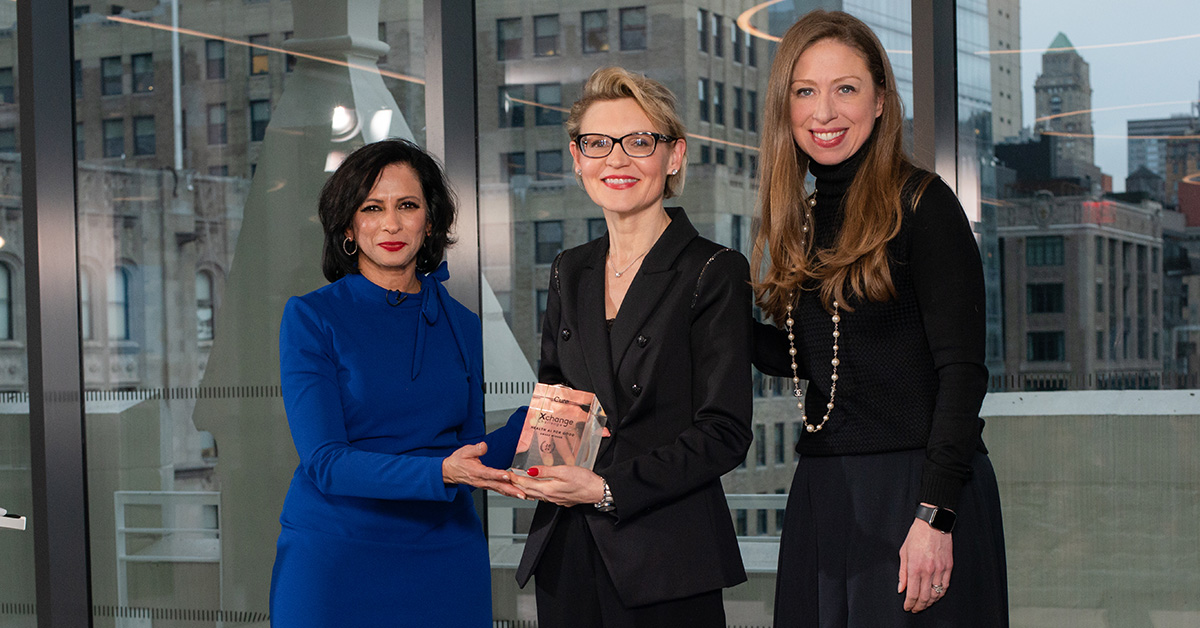Artificial intelligence is transforming the life sciences sector with its capabilities and promise, said two Philadelphia-area startup founders with platforms built around AI.
Irene Rombel of BioCurie and Nyron Burke of Lithero joined Founding Philly’s live podcast recording at Venture Cafe to share their insights on the fast-evolving technology and its future effects on biotech and pharma.
“After a therapy is developed, commercializing it can cost up to twice the amount spent on R&D. Imagine reducing that by 60% through AI,” said Burke, who serves as Lithero’s CEO.
Founded in 2015, the company was using AI before it was seemingly everywhere, developing software to improve the accuracy and efficiency of pharmaceutical marketing.
Its flagship product, the Lithero Artificial Review Assistant (LARA), aims to automate the compliance review of marketing materials, ensuring they meet stringent industry standards while saving valuable time and resources. The goal: ensuring the public receives accurate content and understands the risks and benefits.
BioCurie’s AI-driven platform, meanwhile, aims to optimize manufacturing conditions, eliminating costly trial-and-error methods.
Established in Wilmington in 2021 with a vision to make life-saving therapies more accessible, the company’s inception stemmed from Rombel’s background in biochemistry and her experiences at Johnson & Johnson and local genetics powerhouse Spark Therapeutics, where she recognized the prohibitive costs and complexities of developing life-saving therapies.
These challenges inspired her to partner with Richard Braatz, a professor at MIT known for his pioneering AI models in biomanufacturing. Together, they aimed to create substantial industry impact rather than minor improvements.
“We don’t want to do something that’s just going to be incremental,” Rombel said.
BioCurie quickly gained recognition, including a win at the Cure Xchange Challenge (where Rombel was the only female CEO on stage) that garnered the startup a coveted spot in a New York City incubator program.
At the Venture Cafe podcast session, both CEOs also shared their personal journeys in the tech industry, and delved into the broader implications of AI in the life sciences, from enhancing drug development to ensuring compliance and facilitating faster commercialization.
Tune into Episode 38 of Founding Philly to hear more.









